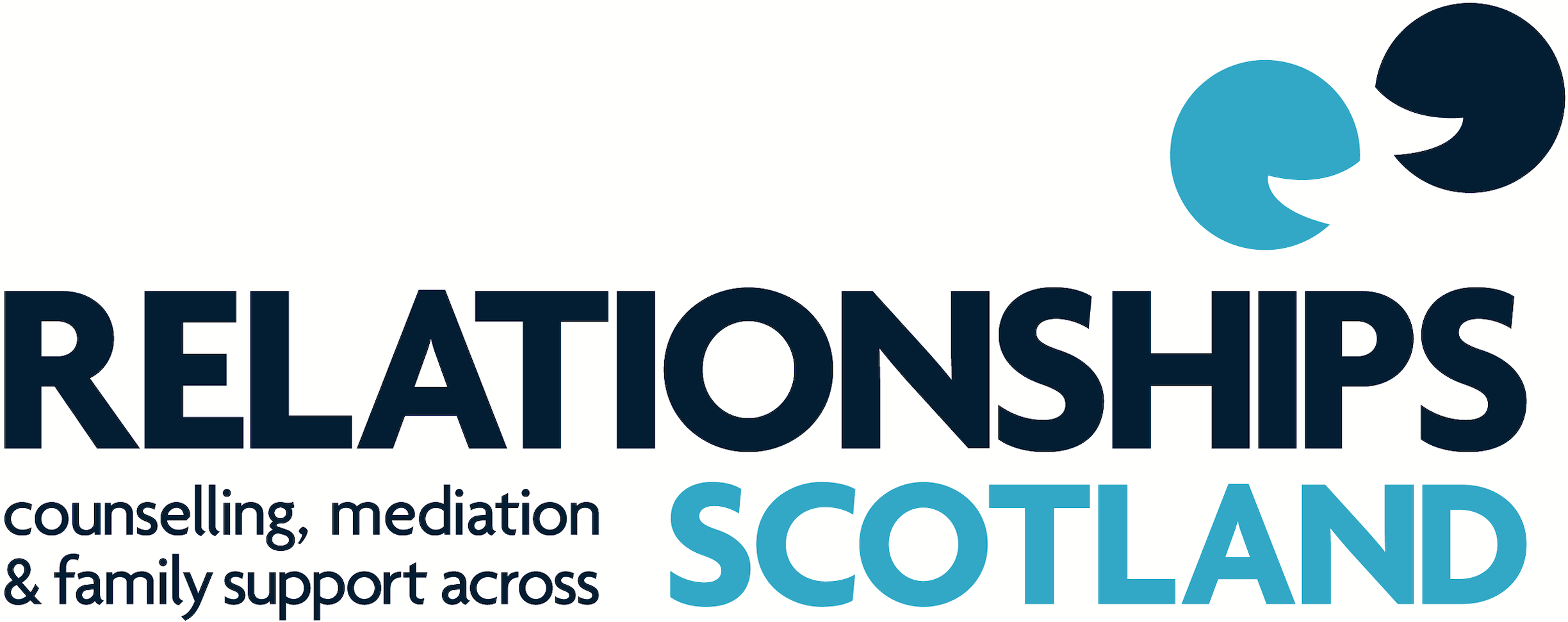
Research warns of “post-lockdown relationship reckoning”
- More than one in eight people surveyed who currently live with their partner (12%) is having relationship doubts after staying at home– rising to one in five (21%) for 25-34 year olds.
- Almost a quarter of those surveyed who have a partner (23%) say the current circumstances are placing pressure on their relationship.
- 27% of respondents in a relationship are finding their partner irritating right now (22% of men compared to 31% of women).
- Almost a quarter (24%) of surveyed parents who currently live with their children say their children’s behaviour has become an issue since staying at home.
- A post-lockdown peak in enquiries it expected but people are urged to consider webcam or telephone counselling before crisis hits.
With the country looking ahead to at least another two weeks of lockdown, Relate, our sister charity in England, has provided an insight into how UK relationships are holding up. Evidence of growing unease has led the charity’s CEO, Aidan Jones, to warn of a “post-lockdown relationship reckoning”, where individuals, couples and families who are currently brushing issues under the carpet see tensions boil over as government restrictions are eased.
The findings in more detail
In new research, almost a quarter of respondents in relationships (23%) said the current circumstances are placing pressure on their relationship with their partner right now. More than one in eight (12%) of those who currently live with their partner went as far as agreeing that staying at home is making them doubt their relationship. Out of these respondents, the age group most likely to say they were having relationship doubts was 25-34 year olds, with just over a fifth (21%) admitting this.
The poll of 2,021 UK adults also found that almost a quarter of respondents in relationships (23%) have had more arguments with their partner since lockdown. Finances were likely to have played a big part here, as 26% said money worries were placing more pressure on their relationship than usual.
Irritation is a big issue for couples: 27% of respondents in a relationship said they were finding their partner irritating right now (with feelings of irritation more common among women here– 31% found their partner irritating compared to 22% of men).
Surveyed parents who are currently living with their children are under particular pressure with over a third (34%) saying they are finding it hard to create structure for their kids and keep to a routine, and almost a quarter (24%) saying their children’s behaviour had become an issue since staying at home.
But it’s also important to note that the majority of respondents who have a partner (65%) said they feel supported by their partner and 43% of respondents who currently live with their partner actually said their experience of staying at home has bought them closer. This doesn’t necessarily translate into sexual intimacy though as only 17% of respondents who have a partner said they are having more sex than usual.
Stuart Valentine, Chief Executive of Relationships Scotland, said:
“We welcome this new research from Relate. In Scotland, we always see a peak in people seeking relationship support after Christmas, when spending unusually long together brings issues to the surface. Add to that the current extended period of isolation, worries about job security, finances, how to juggle work with childcare and uncertainty about the future – and it’s clear why we’re expecting a post-lockdown relationship reckoning.
“These findings reflect what our counsellors across Scotland are seeing. People coming to us for support are saying that the COVID-19 pandemic and its repercussions are magnifying existing issues. Everyone’s trying their best to get through whilst stuck under one roof but that door won’t stay closed forever, which is why we’re urging anyone experiencing issues to get in touch now rather than letting things fester until things get irreparably bad.”

Great article! As they say, relationships get tested truly in times of crises. The lockdowns are redefining lifestyles and the boundaries of our interactions. Such situations challenge even the oldest and strongest relationships. If a couple is going through a rough patch, its vital to reconcile differences till the lockdown ends, assuming that there is no risk to personal safety. Instances of domestic violence are also on a rise. The main focus should now be on staying safe from infection, and protecting the kids (if any). After that, couples can opt for counselling sessions. Funding two homes can be a huge task when jobs are being lost and investments are eroding.